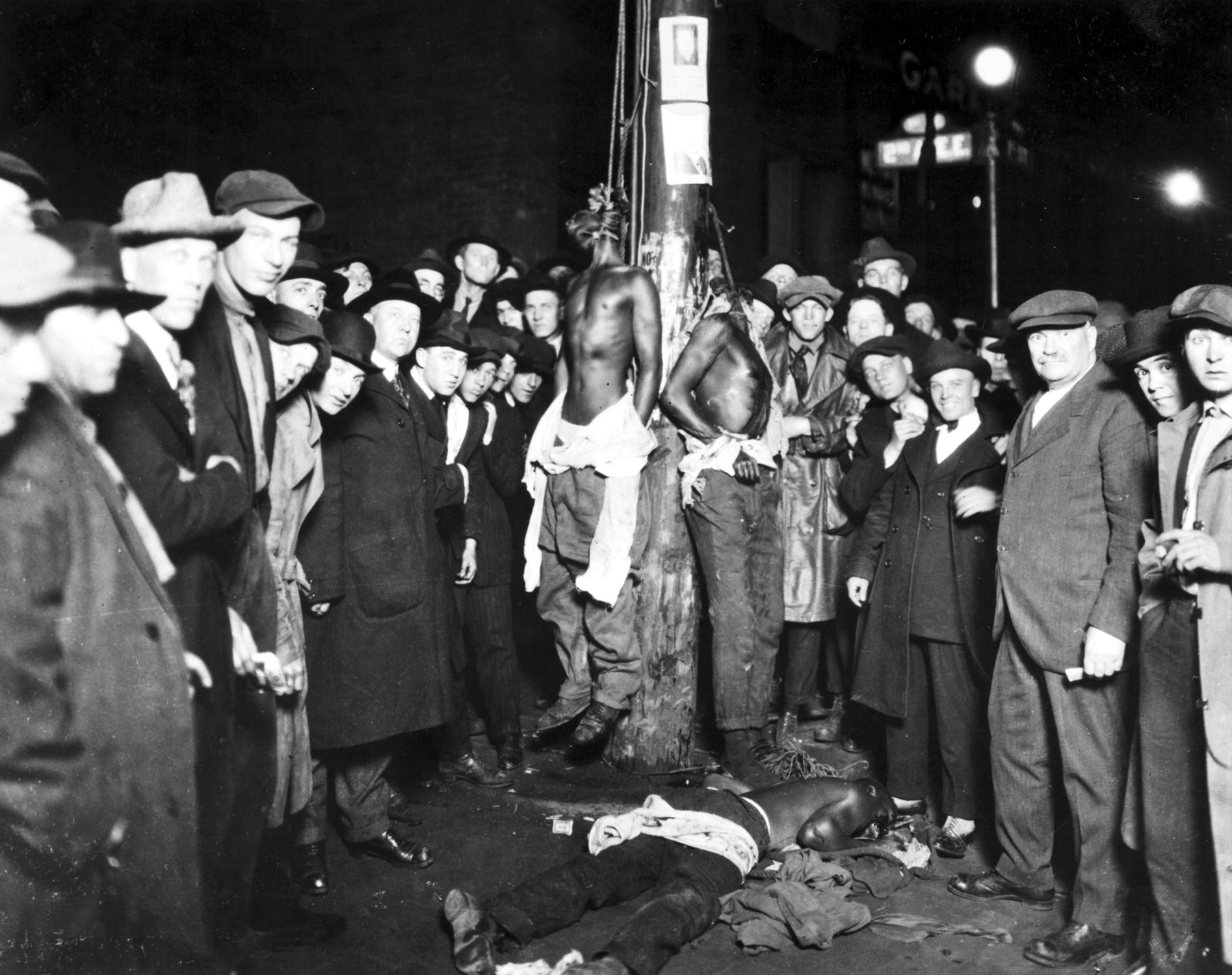Ray Bradbury | Iconic Fantasy Writer | Dead at 91
/Ayanna Nahmias, Editor-in-ChiefLast Modified: 17:27 PM EDT, 6 June 2012
LOS ANGELES, California – Ray Bradbury, the prolific writer who is considered one of the prophets of science fiction, lived his life doing the thing he loved. According to published reports, Bradbury died at age 91 and up until the end he was an inhabitant of all the universes found in literature. Today, his daughter informed the Associated press of he died during the night of Tuesday, 5 June 2012.
In the video at the end of this post, “A Conversation with Ray Bradbury,“ viewers are given the pleasure of watching a man in his 80’s who is sharp, vibrant, and as exuberant as any man half his age. He starts the interview with a quote that should be a mantra for each one of us.
“Love is at the center of your life. The things that you do should be the things that you love. The things that you love should be the things that you do. So that’s what you learn from book.”
First and foremost, Bradbury did not classify his writing as science fiction, because his initial exposure to writing at age 3, when he learned to read, was in the realm of fantasy. According to interviews the wonderful aspect of fantasy was that in enabled the reader to totally inhabit the world that a writer creates.
“I'm not a science fiction writer,” he was frequently quoted as saying. “I've written only one book of science fiction [“Fahrenheit 451”]. All the others are fantasy. Fantasies are things that can't happen, and science fiction is about things that can happen.”
Though the stories in his books often occurred in far corners of the universe or in dystopian societies, ultimately, it was as much about the construct of the environment as the reactions of the characters which inhabited those worlds. More along the lines of a sociologist, Bradbury explored the character of man when placed in untenable situations.
Author of more than 27 novels and story collections and more than 600 short stories, he was a prolific writer until the end. A humanist and optimists, it was a strange juxtaposition that most of the characters in his stories descended to their baser natures when given a choice.
As seen in his collection of short stories titled “The Martian Chronicles,” and most famously, his classic novel "Fahrenheit 451,” one might get the sense by reading his books that Bradbury was a cynical misanthrope, but this couldn’t be farther from the truth.
Through his beautifully rendered universes, he provided his characters and readers with a choice, a fork in the proverbial road, whereby we could choose to elevate our thinking and thus our actions to benefit the whole, or descend into the tyranny that accompanies selfishness.
That is why so many of his stories though set in alien locations are ultimately fantastic extrapolations of post-war towns and cities everywhere in America. In a 2000, New York Times Magazine article, Bradbury said, “When I was born in 1920, the auto was only 20 years old. Radio didn't exist. TV didn't exist. I was born at just the right time to write about all of these things.”
And write he did. Bradbury is a titan in the American literary landscape and though he has passed, he shall live on though the words he loved so much.
[youtube=http://www.youtube.com/watch?v=PF3uZf4G3Lo&feature=related]
Related articles
Ray Bradbury on Facing Rejection ... and Being Inspired by Snoopy (theatlantic.com)
Ray Bradbury: Inspiration for "The Fire Balloons." (newyorker.com)
They Wrote What? 5 Screenplays Surprisingly Penned by Famous Novelists (tor.com)
Film: Newswire: Ray Bradbury's From The Dust Returned may become a movie (avclub.com)



















